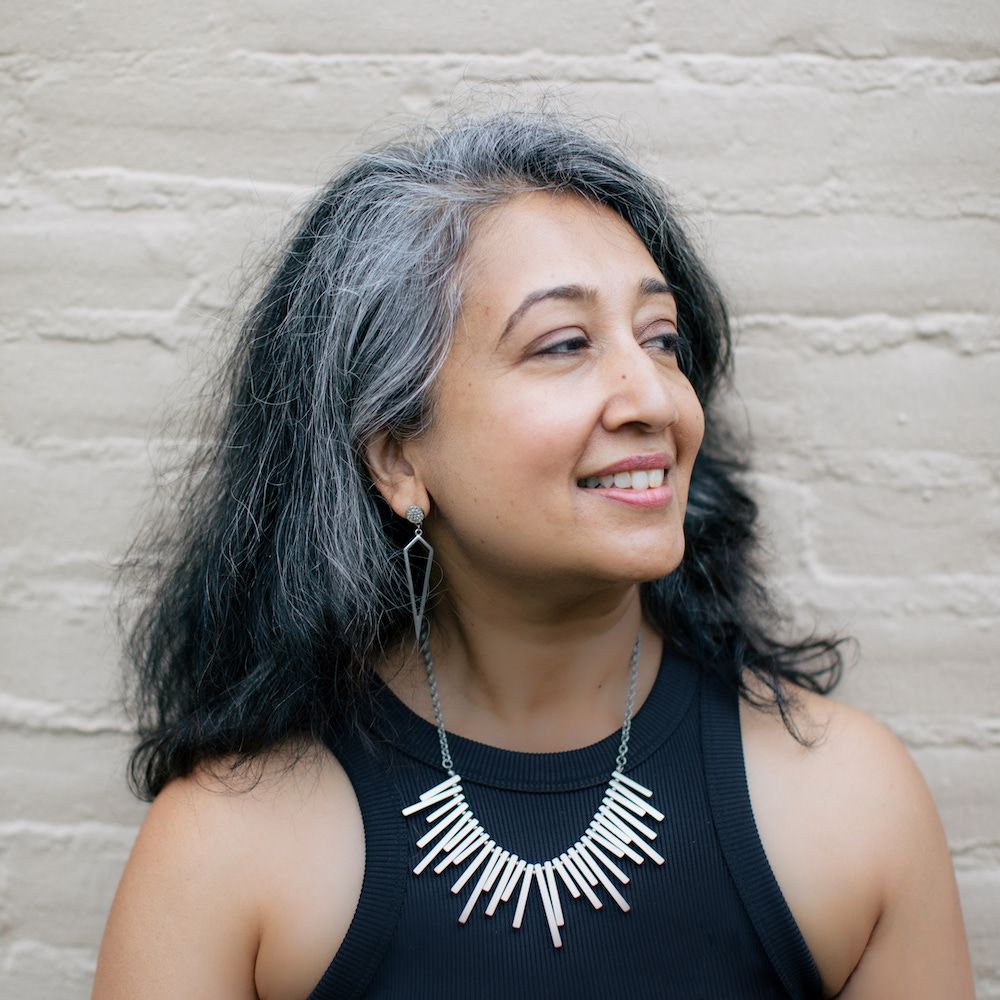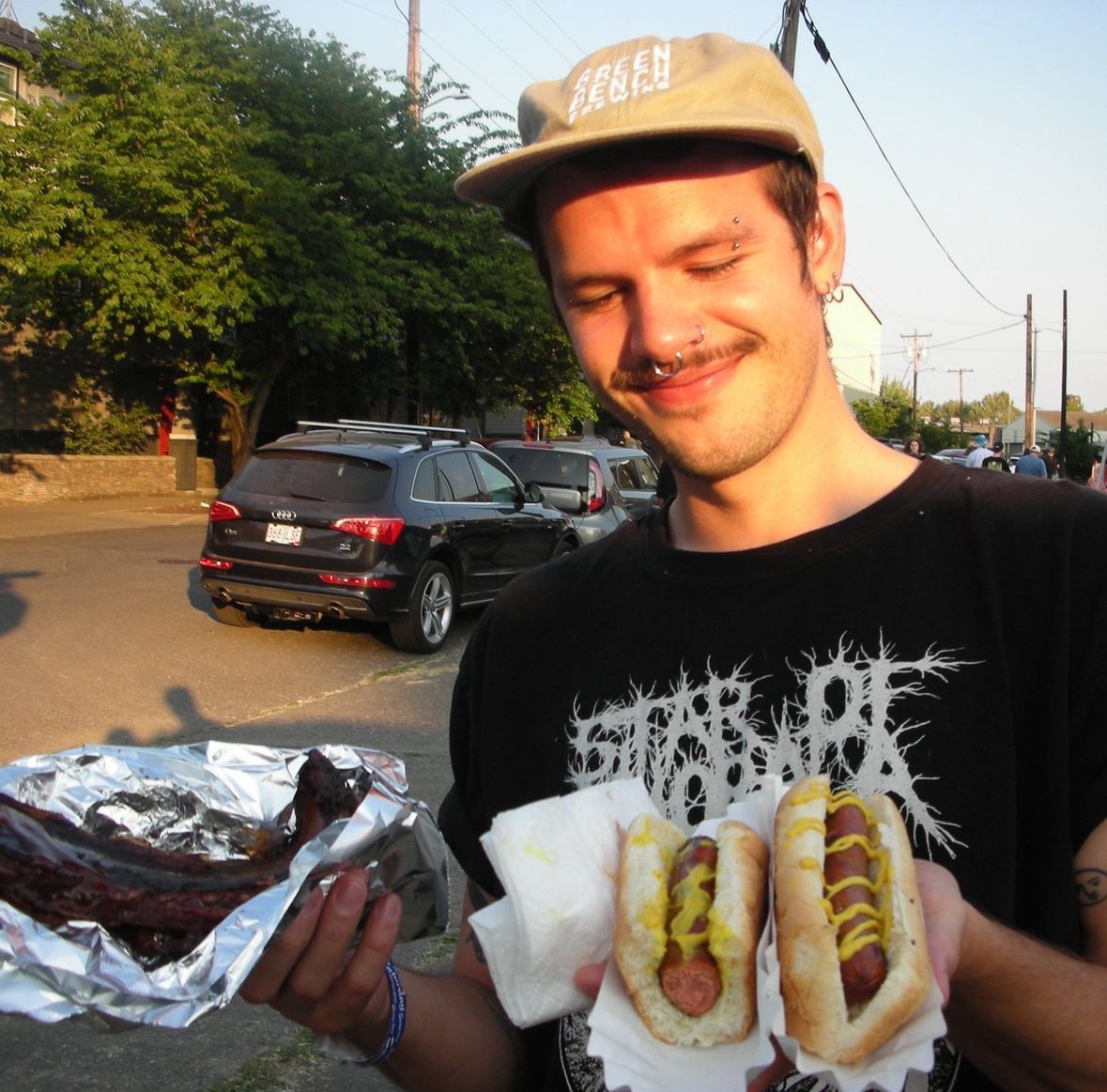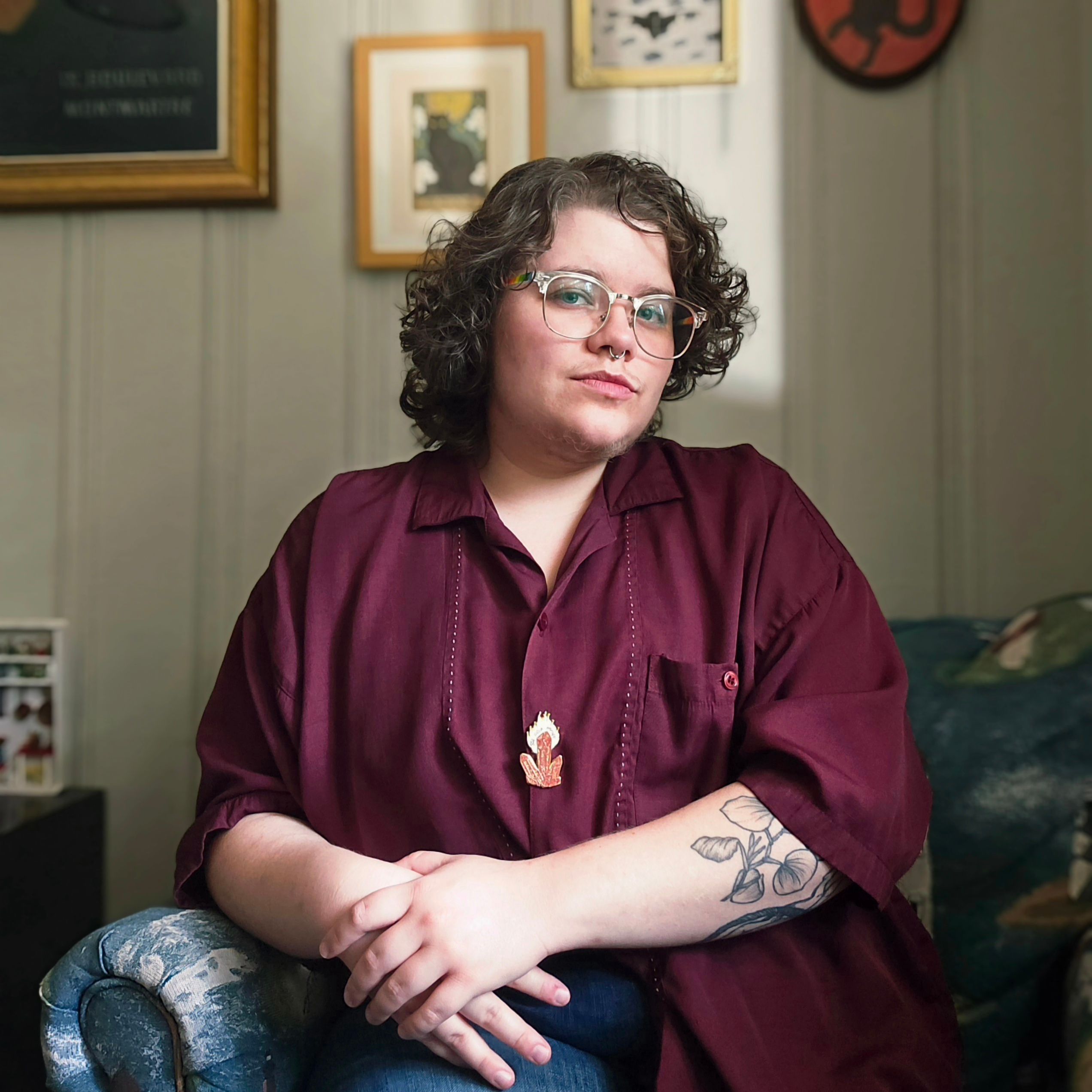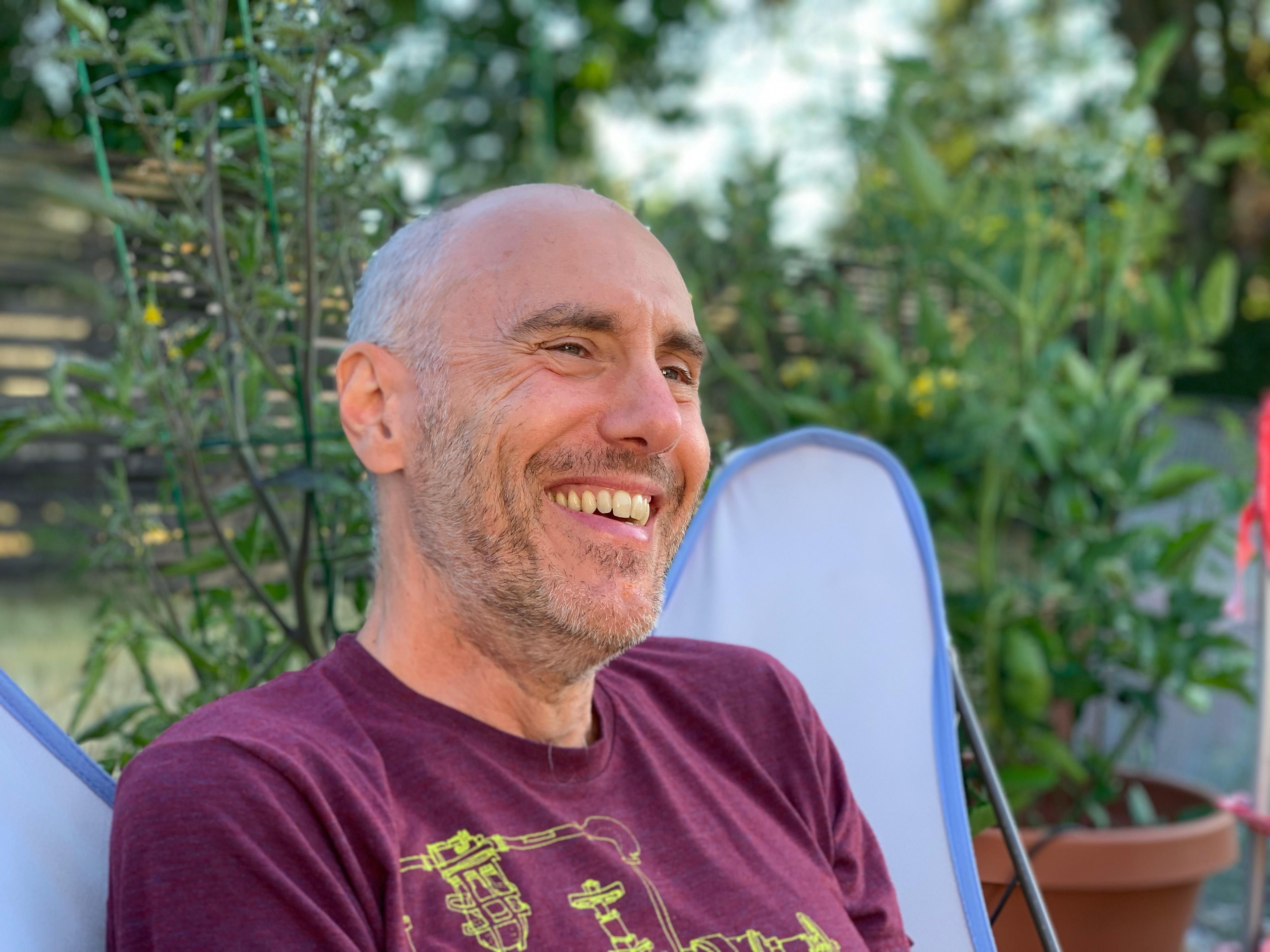Susan B. Squires: You have said that you started writing Less is Lost before you had won the Pulitzer. What inspired you to think about writing a sequel?
Andrew Sean Greer: I certainly was doing it in secret. I knew that my agent wouldn’t like it and I was writing not knowing what it was going to be and certainly hoping that it would just naturally turn into another book. I had a lot of leftover passion for writing in that voice, Less; it just felt really natural and it was fun, so I kept going.
SBS: Was there a particularly unexplored area that you wanted to continue or a theme that you hadn’t completed?
ASG: Well, at the beginning of a book I’m like a scientist. I just look closely at this ‘agent,’ not knowing what I’ll find. I’ve found that if you are looking closely and creatively at something with humility, you’ll find something interesting all the time. At the beginning, I didn’t know what I was doing. So, it’s hard to remember. Immediately after finishing Less, I said I wouldn’t write a sequel and started work on something else, wrote about 100 pages, but then put it away. Then I went back. I really liked the character Less.
SBS: Once you did go back to writing a sequel, what was your process? Did you go back and look at the first book or did you just pick up where you left off? What did you do to remain true to Less’s voice?
ASG: That’s interesting. I did not go back and read it. I will say that I had spent an entire year constantly reading from it—almost two because the book was out nine months before it won the Pulitzer, and then I toured after that. I knew the tone really, really well. It just felt natural diving back into it. I also remembered the process of writing Less which is that I allowed myself to write it out of order and not to restrict or worry about plot and just do my research. So, I rented a van and went to all these places, took notes, thought about what was funny about whatever I was seeing, and trusted it would turn into something. Later, Less’s dad showed up; he was not in my first draft of Less is Lost. In that draft, I brought back another character from Less, a character named “Javier.” I thought I’d make it a love story, but then I thought, no, that’s not the question. This book was about something else. Then, I made up his father, and that changed the book. When I’m revising, I’m looking for things that echo, so that if I have Robert die at the beginning, which is not how it always was, but it became clear to me that that had to happen. I thought, ‘Oh, that’s a father figure’ so I should have his father appear around the same number of pages from the end of the book as from when Robert dies from the beginning of the book just to even it out. Once you keep doing that, even at a micro level of having a butterfly here on page 30 and a butterfly on page 170, it starts to look like you have a plot even if you don’t have one.
SBS: And there’s a beautiful mathematical symmetry in that, too.
ASG: Yes. There was one very complicated book of mine called The Impossible Lives of Gretta Wells that I plotted out on a giant piece of bushel paper to try to make it as mathematical as possible and get out of the ooey-gooey creative writing part of it. It was immensely helpful.
SBS: What was that about?
ASG: It was a time travel novel, so it got really complicated.
SBS: Not unlike Max Tivoli. Did you have to plot that one out?
ASG: That one, yes, because that was really hard to figure out how old he looked, how old he was, how old his son would be, where he was writing from. I definitely plotted all of that out. I still have that chart somewhere.
SBS: Would it be fair to say that you’re fascinated by time, the passage of time
ASG: I think you could absolutely say that.
SBS: And how it relates to love?
ASG: Have you heard me say that somewhere? That’s exactly what I say when people ask me what my books are about.
SBS: It seems like there are parallels in Less and Less is Lost. You start out with Less being young and Robert being old; in Max Tivoli, there are two lovers coming at each other from different ages and meeting in the middle. That fascinated me.
ASG: I like that. You know I hadn’t thought about it that way but now that you say it, now we’re starting to tie into the thesis of science and great writing. For Less, what interested me was the math of him having been the younger lover and then growing up and having a younger lover and how that would feel.
SBS: Yes. So, I saw it as an echo or a tie back or a tie to Max Tivoli. I saw a tie there.
ASG: Of course, there is. For some reason, it is what’s on my mind. I’m embarrassed to say when I wrote Max Tivoli, I was turning 30 at the time and I was grappling with the feeling of getting older. Now, of course, that seems absurd beyond belief, but so did turning 50 when I was writing Less is Lost.
SBS: Yes. That is interesting. Going back to your younger self, F. Scott Fitzgerald is buried in the town where you grew up. Were you aware of his presence, was he a literary inspiration?
ASG: We knew where his grave was, we’d been taken there but it’s a very hazy memory. I didn’t know who he was until The Great Gatsby showed up in high school. I will say, like everyone, The Great Gatsby blew me away. As for inspirations, well, maybe there are two ways to go for a white male American author of my age: you can go Hemmingway, or you can go Fitzgerald. Certainly, when I was in grad school at the University of Montana, we were doing the very minimalist, Raymond Carver, inspired by Hemmingway. Of course, that whole way of dividing your mind into either minimal or maximal is ridiculous. What you have to teach students is how to pick the voice that is their voice for that particular story and that’s the hard part.
SBS: How did you pick the states that Less visits in Less Is Lost?
ASG: That’s a good question. Before I won the Pulitzer, I thought about writing another Less story about going across America, that just seemed like a very obvious next thing to do. My first idea was to have all fifty states in it. In fact, there were two other chapters: one in the Midwest and one in the Northwest that I cut just before it went to the printer and revised the whole book. It was not a cross-country book until the very last minute when I finally had that great moment you have when you’re working on a book and you can see what it really is. It came very late, as it often does for me. I realized ‘It’s a cross-country book, all the rest of this is nonsense.’ There were great bits I took out: Less took a Riverboat ride on the Columbia River, he taught in Wichita, Kansas, and had a housemate. It takes a lot for me to whittle down what the book really is because whenever I start a book, I think it’s going to be about everything in the world and then it ends up being this small paltry thing that you made. Again, it’s looking for the patterns; what doesn’t belong here—it’s good, but it doesn’t belong in this book, that’s the hard thing to look at. I had already lived in the Midwest and the Northwest, so I wanted to go to the parts of the country I didn’t know or understand. I spent six weeks in the Southwest and Southeast going to small towns, never a big city, and going into bars and diners and talking to people.
SBS: Did you encounter any real-life hostility that didn’t make it into the book?
ASG: I did not. I have to say that I did get some criticism for Less Is Lost for not representing the sort of ‘Trumpiness’ of things. All I can say is that my rule for myself was that I couldn’t put in anything that I didn’t actually see there, and it just didn’t happen to me. I did that trip right after Trump won in 2016; the Trump signs, they would have been taken down. Although there was a feeling of triumph for them and misery in me, it wasn’t quite the way it is now. I can also be a pretty innocuous conversational person who buys beers for the bar; nobody bothered me. People just don’t. I’m a mild-mannered, tall, middle-aged white guy and while I might be a little sissy, I’m not aggressive to people, especially if I’m trying to get them to talk. I’m just really gentle talking to people and it takes nothing to get their life’s story. I found there really wasn’t anyone who was mad at me. Of course, I would leave a bar at 8:00 p.m.; I wouldn’t stay until midnight. I think the interesting thing which I put in Less Is Lost is that I understood, certainly in the deep South that I was more of a danger in Black neighborhoods or bars. I was dangerous to them, because if I got upset, I might call the police, I could make all hell break loose and ruin their lives for nothing. There was a tension in those situations but for a different reason.
SBS: That makes sense. The world has changed a lot since you wrote Less, and yet, it doesn’t seem to have changed Less, the character.
ASG: Well, that’s his character, and what I like about him and how he’s different. What I enjoy is his total naiveté and hopefulness; I think this is a common trait of a sort of clown Mr. Magoo character. Everything has gone wrong and then he wakes up the next day and says, ‘I’m sure it will all go great today.’ And that’s intensely irritating and then in the end, hopefully, lovable. Someone has to be that way. That’s what makes the Less stories hard to plot because he can’t change and there has to be a feeling of joy. Most novels are not made along those lines, but the change can come in the narrator; I think that’s what happens in these books, the narrator changes, but Less doesn’t and I’ve enjoyed that. Honestly, they’re very old-fashioned in a way in that they rely on loads of charm covering up any plot holes or absences and a Don Quixote kind of character. Don Quixote’s much more aggressive and angrier but he’s still a dreamer and the comedy is on him. At the end of all of Don Quixote, he sort of wakes up and is like ‘I’ve just been crazy’ and everyone around him is like, no, no, no, they’ve been wanting him to stop his journey, and then everyone sort of freaks out like, no we need you to be the guy who thinks he’s a knight, that was so charming, we were having such fun and that’s an old tradition, so I think that I was stealing from that or Lucky Jim and all these sort of bumbling people.
SBS: Moving on to the bigger picture of subject—your stories involve queer characters. What do you think the role of a writer should be, if any, in this whole new wave of book banning? Is there a role, or a duty?
ASG: That’s hard because we have this whole new way of speaking out. Writers, as a group, end of speaking with people who agree with them. It depends on what kind of person you are. Here’s an example. Little Rock Arkansas has a literary festival called, “Six Bridges.” This year, they contacted a bunch of queer writers to come. Now, that’s not necessarily a place that I would usually go, but this year all of us came because we understood what they were doing, they were filling the town with the kind of books that are being banned and the kind of people who are being banned. So, that’s my role, to say yes to things like that, simply to show up.









